In the bustling world of online and land-based casinos, slot games stand out as a perennial favorite among gamblers. But what is it about these seemingly simple games that captivate millions and keep them coming back for more? The answer lies in the fascinating intersection of psychology and game design, which taps into our innate desires and behaviors. In this article, we will delve into the psychological aspects that make slot games so irresistible, exploring why we love to take risks and how these games are expertly crafted to maximize engagement.
The Thrill of Uncertainty: The Role of Dopamine
One of the primary psychological drivers behind the allure of slot games is the thrill of uncertainty. The human brain is wired to seek out novel and unpredictable experiences, and slot games deliver this in spades. Each spin of the reels is a new opportunity, a chance to win big, and this unpredictability triggers the release of dopamine, a neurotransmitter associated with pleasure and reward.
Dopamine is the same chemical that floods our brains when we eat delicious food or engage in other pleasurable activities. In the context of slot games, the anticipation of a potential win, even if the odds are slim, is enough to trigger a dopamine release. This creates a powerful feedback loop, encouraging players to continue spinning the reels in pursuit of that next exhilarating win.
The Illusion of Control: Feeling in Charge
Another psychological factor that makes slot games appealing is the illusion of control. While the outcome of each spin is determined by a random number generator, the design of slot games often gives players the sense that they have some influence over the results. Features like “stop” buttons, which allow players to halt the spinning reels, or the ability to choose the number of paylines or bet size, can create a feeling of agency.
This illusion of control is a well-documented psychological phenomenon. It gives players the sense that they are actively participating in the outcome, rather than being at the mercy of pure chance. This perceived control can make the experience more engaging and enjoyable, as players feel they have a stake in the game’s results.
The Power of Near Misses: Almost Winning
Slot games are also adept at leveraging the concept of near misses. A near miss occurs when the symbols on the reels come close to forming a winning combination but fall just short. Research has shown that near misses can be more motivating than outright losses, as they create a sense of “almost winning” that encourages players to try again.
The brain interprets near misses as a signal that success is within reach, triggering a desire to continue playing in hopes of achieving the elusive win. This psychological trick is a powerful tool in the arsenal of slot game designers, as it keeps players engaged and invested in the game.
The Social Aspect: Sharing the Experience
While slot games are often seen as solitary activities, they also have a social component that enhances their appeal. Many modern slot games include features that allow players to share their achievements and wins on social media platforms. This taps into our innate desire for social validation and the need to share our experiences with others.
The social aspect of slot games can also manifest in the form of multiplayer features, where players can compete against each other or collaborate to achieve common goals. This adds a layer of excitement and camaraderie, making the experience more enjoyable and rewarding.
The Role of Rewards: Variable Reinforcement
Slot games employ a powerful psychological principle known as variable reinforcement. Unlike fixed reinforcement, where rewards are given at predictable intervals, variable reinforcement offers rewards at unpredictable times. This unpredictability is a potent motivator, as it encourages players to continue playing in hopes of receiving a reward.
The concept of variable reinforcement is rooted in the work of psychologist B.F. Skinner, who demonstrated that behaviors reinforced in this way are more resistant to extinction. In the context of slot games, this means that players are more likely to keep spinning the reels, even in the face of repeated losses, as they are driven by the hope of a future reward.
The Perfect Storm of Psychology and Design
The allure of slot games is a testament to the power of psychology and game design working in tandem. By tapping into our innate desires for uncertainty, control, social interaction, and rewards, slot games create an engaging and addictive experience that keeps players coming back for more. Understanding these psychological factors can help us appreciate why we are drawn to these games and, perhaps, make more informed decisions about our gambling habits.
As the world of gaming continues to evolve, the principles that make slot games so captivating will undoubtedly be applied to new and innovative forms of entertainment. Whether you’re a casual player or a seasoned gambler, understanding the psychology behind slot games can enhance your appreciation of these captivating experiences.


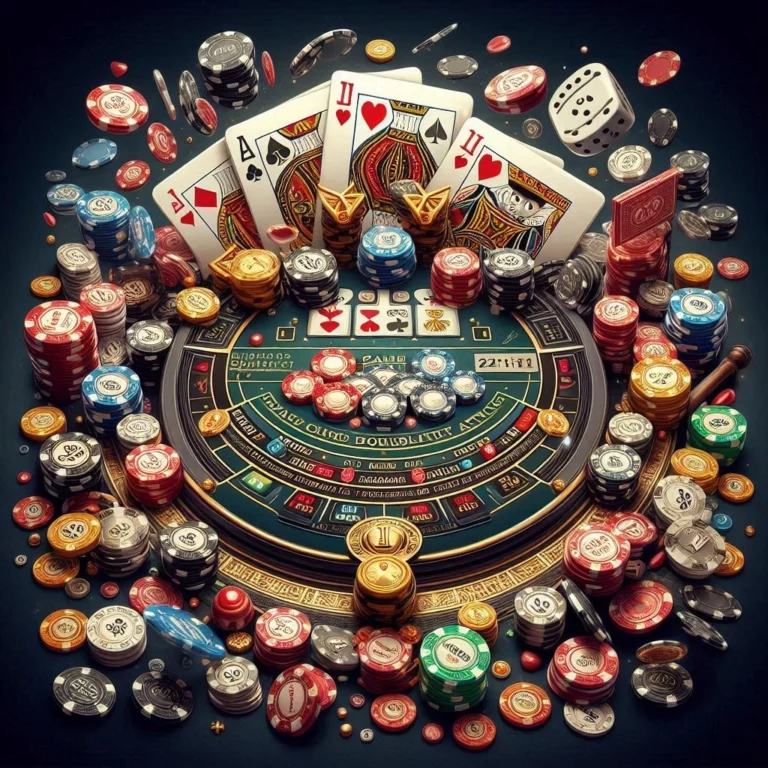
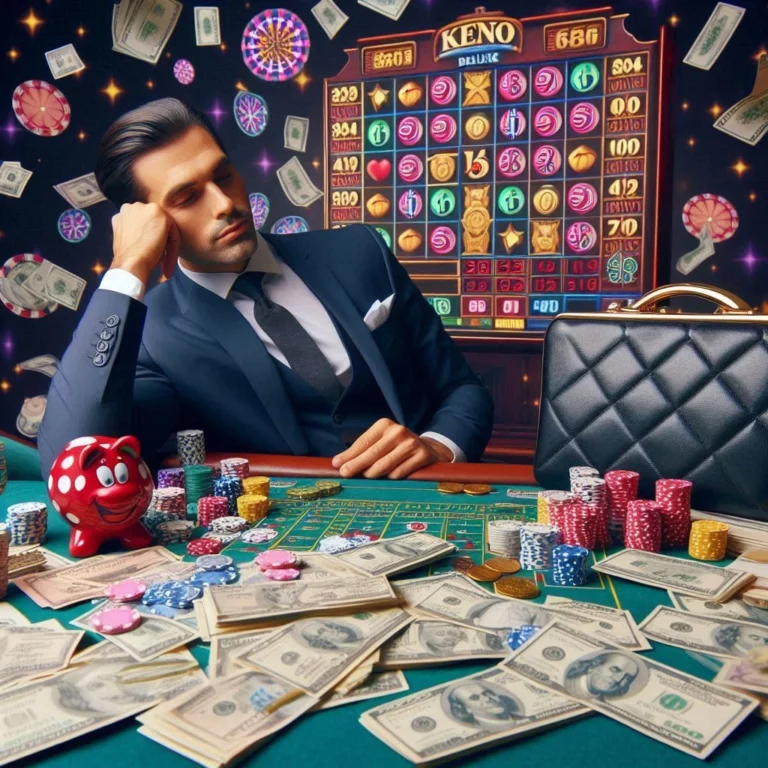


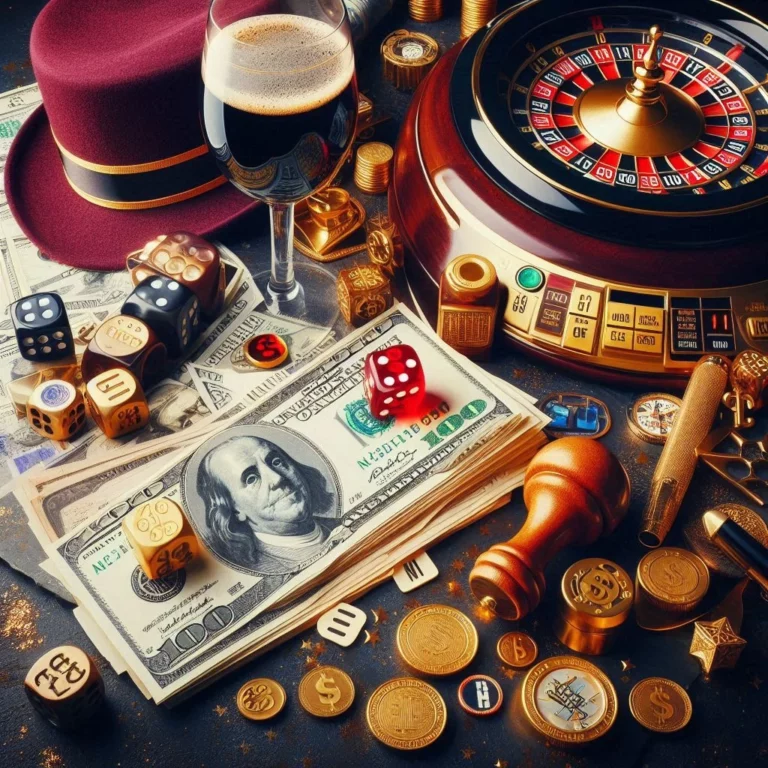

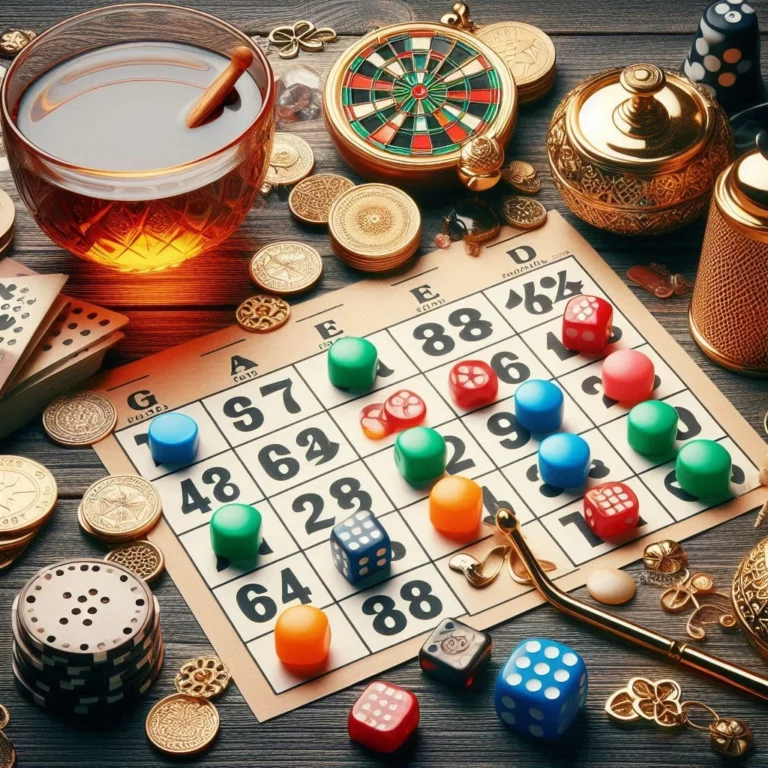
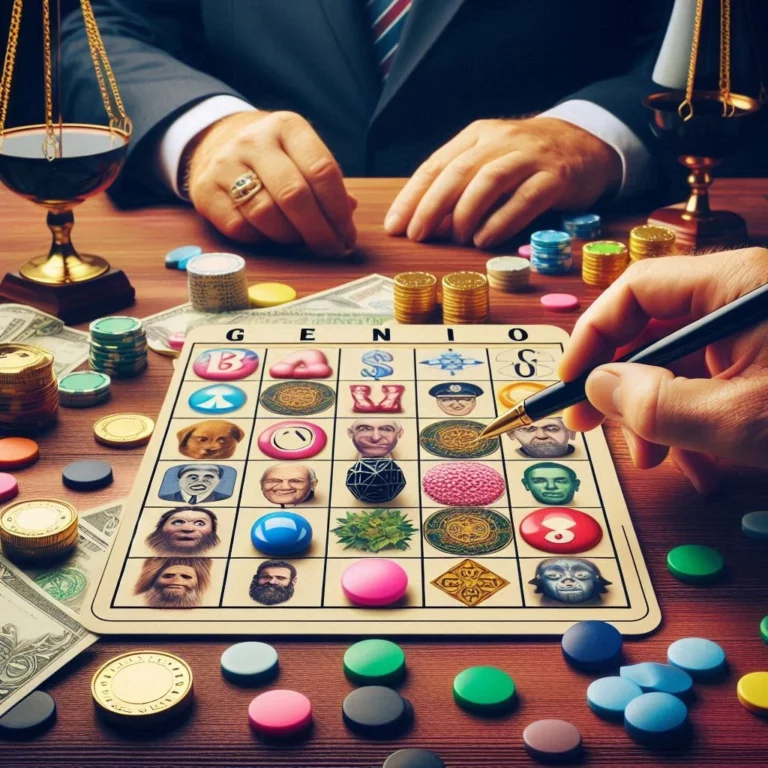
Leave a Reply